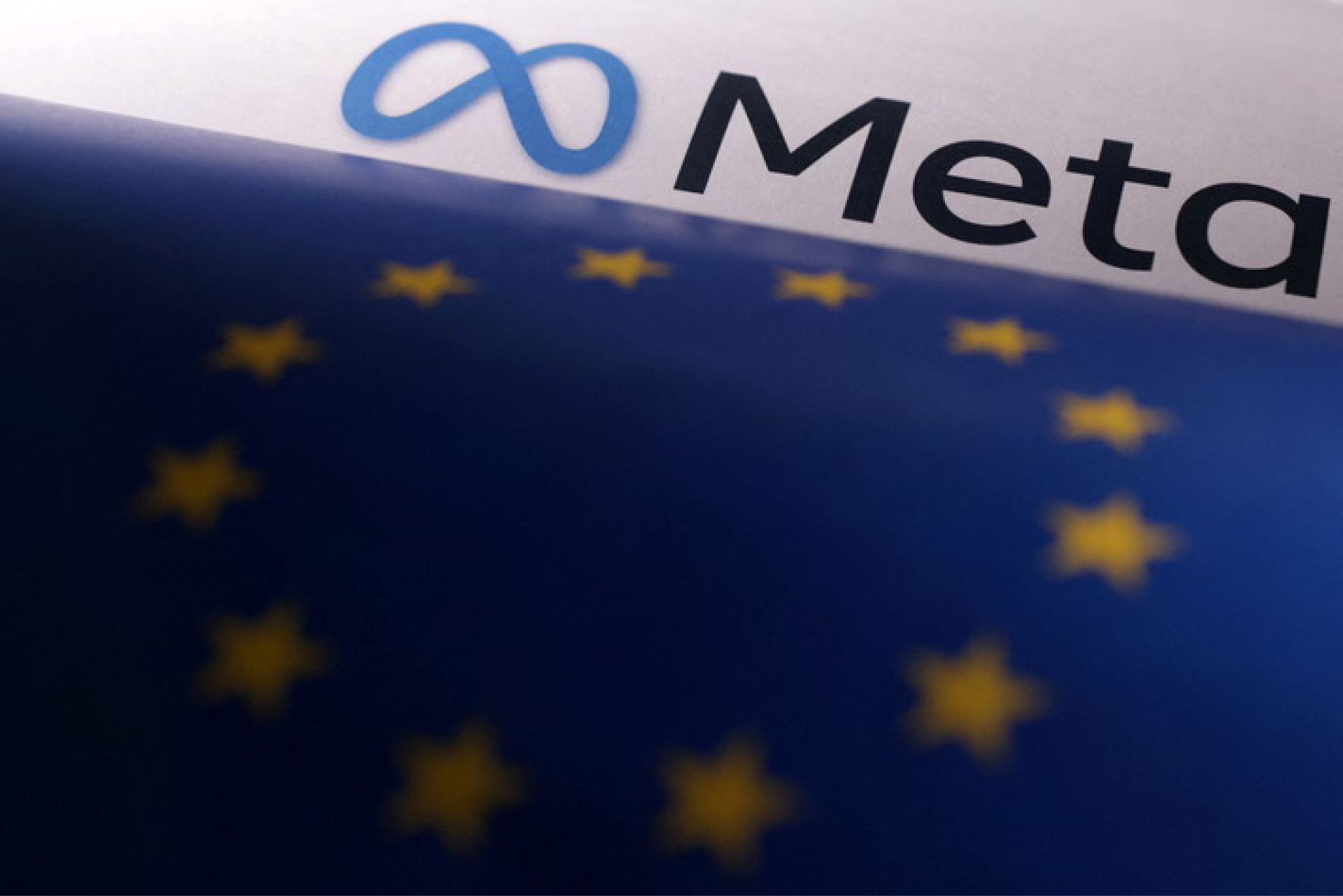
Meta, under mounting pressure from European regulators, announced a 40% price cut for its ad-free Facebook and Instagram plans within the EU. Starting November 13, Meta’s ad-free plans now cost €6 per month for web access and €8 for mobile users on iOS and Android.
These plans, introduced to give EU users more control over data privacy, aim to meet the demands of officials who have been pushing Meta to offer less invasive ad options.
Lower Subscription Fees and a Free Ad-Supported Option
In addition to lowering subscription fees, Meta is adding a new free option for those who’d rather skip a subscription entirely. Free users can now opt to see ads based on limited data, like age, location, and engagement patterns within the apps.
This approach, however, includes a new twist: the ads will often appear unskippable and full-screen, a tactic Meta describes as standard practice in the industry, according to The Wall Street Journal. The trade-off here, Meta says, is that free users get fewer targeted ads, but advertisers still get visibility.
Nick Clegg, Meta’s president, emphasized on Threads that the changes are part of Meta’s effort to “meet EU regulator demands and go beyond what’s required by EU law.” Meta’s ad-free subscription launched last year, but the European Commission still questioned whether it violated the Digital Markets Act (DMA), which mandates transparency in ad targeting, among other requirements. The EU’s investigation is set to wrap by March, and if regulators don’t buy Meta’s latest concessions, the company could face fines of up to 10% of its yearly revenue—around $13 billion, based on 2023 figures.
Meeting EU Requirements and Ongoing Investigations
The initial rollout of Meta’s paid ad-free service last year was already a response to these regulations, following a €400 million fine related to data privacy breaches. Yet, EU authorities found issues with the subscription’s “consent or pay” structure, prompting an ongoing investigation set to conclude in March 2024. If Meta’s approach still doesn’t meet regulatory expectations, it faces potential fines up to 10% of its annual global revenue, amounting to roughly $13 billion based on 2023 earnings.
With these recent moves, Meta is aiming to strike a balance between keeping the platform accessible and satisfying EU privacy watchdogs. Pedro Pavón, Meta’s global policy director, argues that personalized ads help sustain a “modern, free internet,” noting he believes most people will still prefer tailored ads over generic ones. Whether Meta’s compromise will win over both users and regulators remains to be seen.
Featured Image courtesy of DADO RUVIC/REUTERS
Follow us for more tech news updates.
